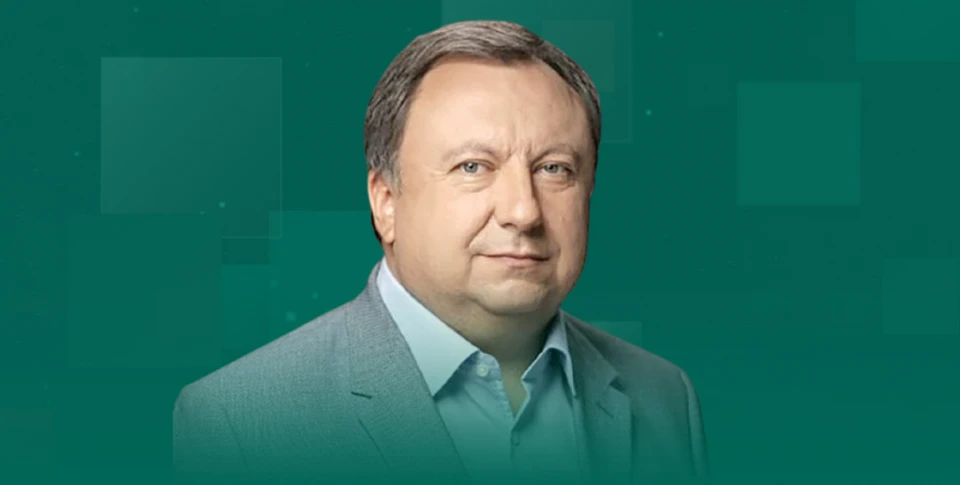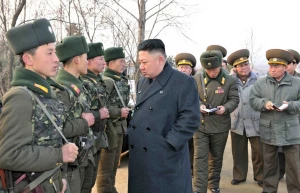
Ukrainian refugees at risk: why is Slovakia threatening to halt aid?
Ukrainian refugees taken hostage: Slovak Prime Minister Robert Fico threatens retaliation for Ukraine halting Russian gas transit
He threatened to cancel emergency electricity aid that Slovakia provides to Ukraine after missile attacks, as well as cut social benefits for Ukrainian refugees. This is not just disgraceful blackmail — it’s pure bluff! Slovakia’s state energy company has already stated it will not succumb to the prime minister’s political pressure and will continue supplying electricity to Ukraine.
Fico is merely posturing, but his threats echo Putin’s rhetoric, whom he visited before Christmas.
What do Ukrainian refugees think about Fico’s threats? How reliant are they on government assistance, and how frightened are they? Can one person jeopardize the support of an entire nation? And how will this affect those who sought safety abroad?
The Slovak prime minister’s threats proved empty: despite his claims of cutting energy aid to Ukraine, Poland announced its readiness to compensate for these losses with additional electricity supplies. Meanwhile, Fico vanished from the public eye following these events and was eventually found in Vietnam.
At the same time, his visit to Putin and his anti-Ukrainian rhetoric sparked outrage among the opposition and the public. People fear Slovakia could become another satellite of Moscow. Ukrainian residents in Slovakia have also been closely watching the protests.
In the early months, Slovakia was the first in the world to deliver an air defense system to Ukraine. During Zuzana Čaputová's presidency, Slovakia actively supported Ukrainian refugees as well.
It’s known that the largest numbers of Ukrainians were taken in by Germany (1.1 million), Poland (960,000), and the Czech Republic (370,000). Yet even small Slovakia, with a population of 5 million, sheltered around 130,000 Ukrainians. They were provided with financial assistance — €80 per person. While it’s not €500 like in wealthy Germany, for people who had lost everything, it was more than enough.
Initially, people were housed for free, with Slovaks opening their homes to them. Later, the government developed a housing compensation program, paying a certain amount for each Ukrainian living separately. Additionally, all Ukrainians were able to use public transport for free, and children received laptops or tablets from the Slovak government.
Then, in the 2023 elections, Robert Fico won, a politician who referred to Ukrainian soldiers as "Nazis and fascists." He vowed not to give Ukraine "a single bullet." However, he failed to ban commercial military exports, which actually increased. The situation mirrored his stance on electricity supplies, which he also intended to cut off but couldn’t.
What Fico did manage to do was significantly reduce aid for Ukrainian refugees as early as the summer of this year. This makes his current threats meaningless — you can’t take the same wallet away twice.
As of July 2024, Slovakia changed its rules for providing assistance under the Temporary Collective Protection program. Financial aid is now only granted for 120 days after arrival or to socially vulnerable groups.
Due to these changes, the number of aid recipients has dropped fourfold. Before July 2024, 33,000 people received assistance, but now only 8,000 remain. While Slovakia previously spent €5 million per month on these payments, the current figure is just €1.2 million.
The number of Slovaks receiving compensation for housing Ukrainians has also decreased: from 10,000 to about 4,000.
There’s nothing unusual about Slovakia reducing support for refugees — many countries are taking similar steps. However, they openly admit this is to encourage Ukrainians to work and optimize expenditures.
Only the Slovak prime minister, who attacks the EU from within while cozying up to Putin, is attempting to exploit the issue of Ukrainian refugees and aid in his dirty political games. Meanwhile, Ukrainians in Slovakia manage without government payments: they work, integrate, and even start their own businesses.
Fico is adopting Putin's style, whose signature move has long been taking innocent people hostage. However, the Slovak prime minister lives in the heart of Europe and must adhere to civilized norms. This is why his threats remained nothing but empty words. Moreover, his visit to Moscow destabilized the coalition, and Slovakia could face snap elections as early as this year.
Still, Fico's behavior sends an important political signal — not only to Ukraine's government but also to Ukrainians abroad.
Only a strong Ukrainian state can guarantee security for its citizens. That’s why, after the war, we must transform the country — its institutions and ideology. If we fail to change, rebuild public trust in the state, and create a new nation, there will be no investments and no return of refugees.
The choices we make today will define the future of every Ukrainian. This must be understood to grasp the true essence of geopolitical games.
About the author. Mykola Kniazhytskyi, journalist, Member of the Ukrainian Parliament.
The editorial board does not always share the opinions expressed by the blog authors.
- News














































